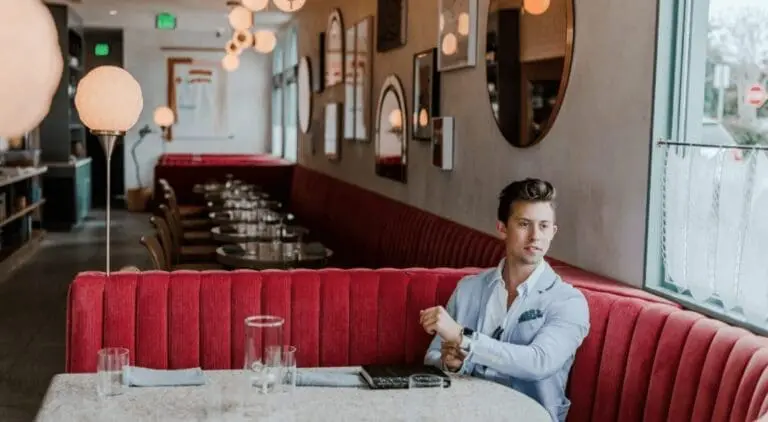It was a typical evening shift at the café, and the soft hum of chatter mixed with the clinking of coffee cups filled the air. I was used to the occasional difficult customer, but nothing prepared me for the couple who walked in that night.
From the moment they stepped through the door, their behavior was off-putting. The girl had an air of superiority, and the guy seemed to enjoy being obnoxious. I greeted them with a smile and took their order, but they were already on edge.
When I didn’t reach their table within three minutes, the girl sneered and called me “disabled” under her breath. I tried to shake off the comment and continued to serve them, but the abuse didn’t stop. They kept changing their order, mixing up their requests, and then blaming me when I inevitably got things wrong.
“Are you deaf?” the guy shouted across the table, clearly enjoying my discomfort.
But the worst was yet to come. As I leaned in to clarify their order, the guy “accidentally” brushed his hand against my leg. He flashed a smirk, and my heart sank. I felt a wave of disgust and indignation. I confronted him immediately, but he denied it, and his girlfriend sided with him, accusing me of making things up.
Feeling cornered and powerless, I called over my boss, Mark, hoping for support. He arrived at our table with a calm demeanor, clearly expecting a minor issue.
“What’s going on?” Mark asked, looking between me and the couple.
I took a deep breath and explained the situation. “They’ve been rude and disrespectful from the start. He just touched my leg and then denied it. They’re accusing me of lying.”
Mark listened intently, his expression unreadable. When I finished, he turned to the couple. “I’m sorry, but you’re no longer welcome here. Please leave.”
The couple stared in shock, their mouths agape. The girl started to protest, but Mark cut her off. “We have a zero-tolerance policy for harassment and disrespect toward our staff. You’ve crossed a line, and I won’t tolerate it.”
The couple’s faces flushed with anger and embarrassment as they gathered their things and left the café. I watched them go, a mixture of relief and disbelief washing over me. I had expected Mark to offer support, but his decisive action was more than I could have hoped for.
As they walked out, Mark turned to me with a reassuring smile. “Are you okay?”
I nodded, grateful for his support. “Thank you. I didn’t expect that.”
Mark gave me a kind, understanding look. “You deserve to be treated with respect. Don’t let anyone make you feel otherwise.”
The rest of the shift was quieter, and the support from my coworkers and regular customers helped me shake off the unpleasant encounter. That night, as I reflected on what had happened, I realized how important it is to stand up for oneself and to have support in the workplace.
Mark’s response had not only addressed the immediate issue but also reinforced a culture of respect and fairness that made me feel valued as an employee. It was a tough evening, but it taught me a valuable lesson about standing up for myself and the importance of having supportive colleagues and leaders.
